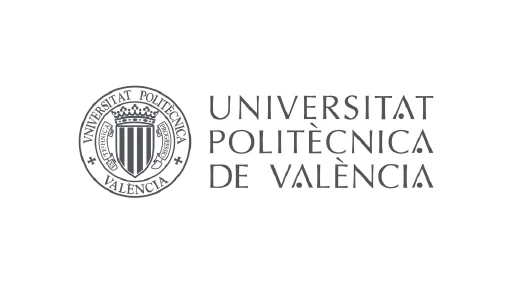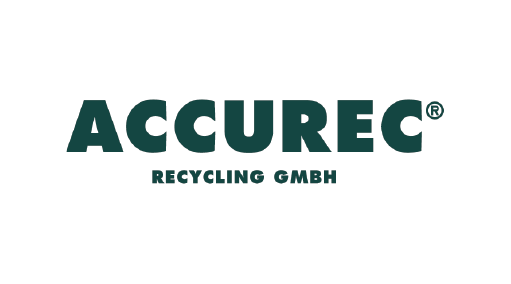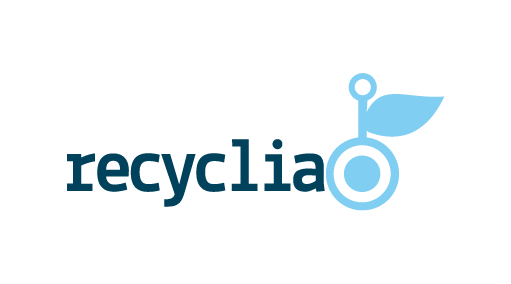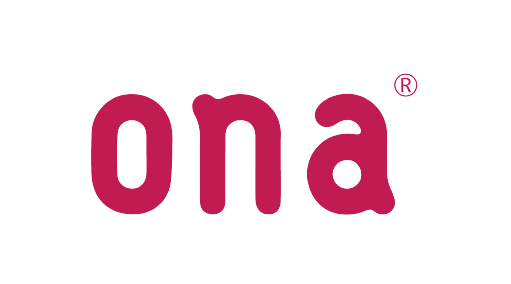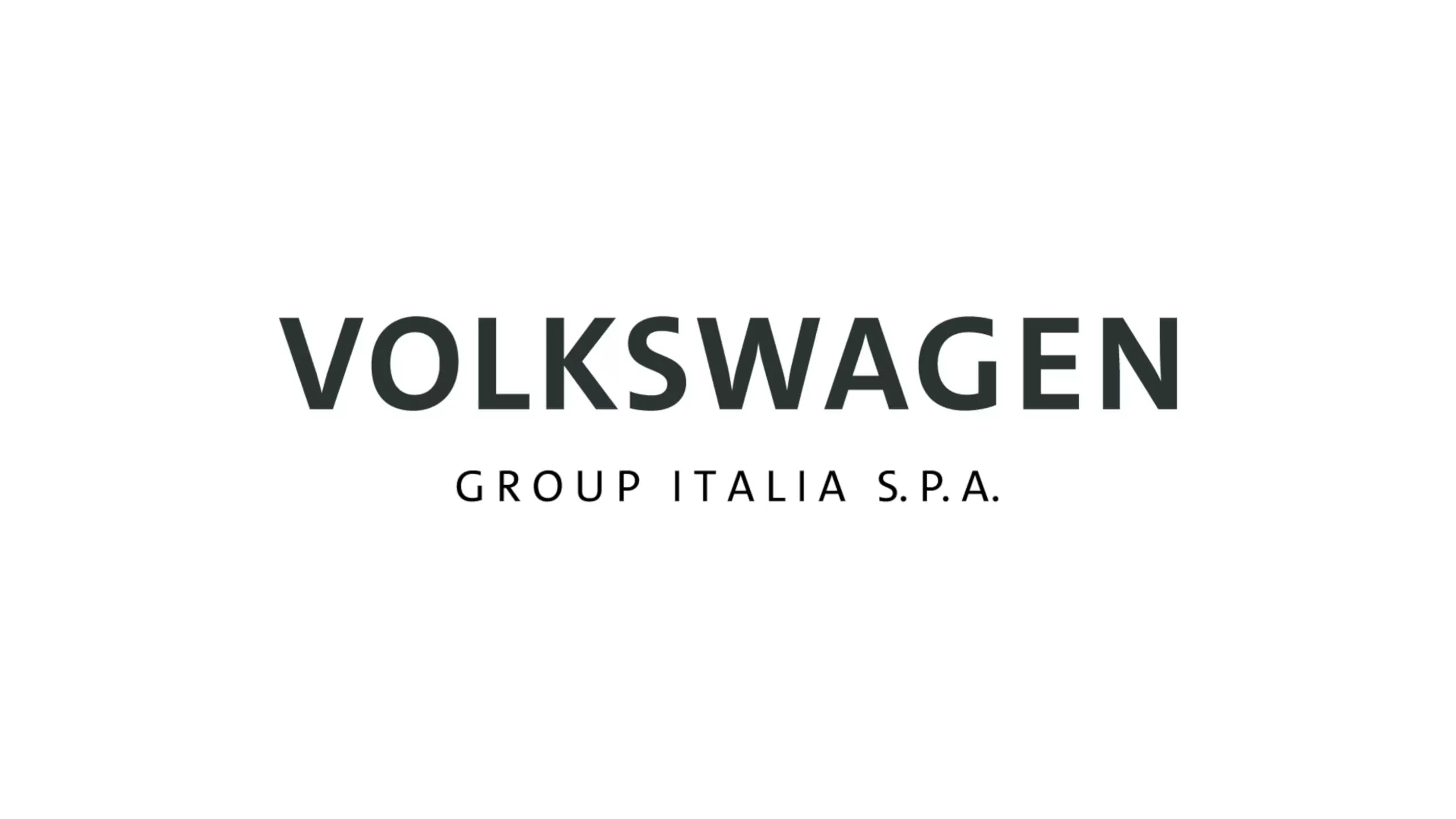Objectives and
ambitions
The overall goal of REBELION is to develop cutting-edge technologies to promote a circular model for LIBs for electric mobility, enabling feasible industrial practices in the coming years to maximise second-life applications and improve recycling efficiency.
This will require achieving the following specific technical objectives:
Electric noise analysis
Electric noise analysis technology validation for Li-Ion batteries
Automated testing
Automated testing and dismantling system for different battery formats
Safety protocol
A safety protocol for every step of the value chain
Battery labeling system
Development of standardised battery labelling system
Circular models
Validation of the overall performance of the two proposed circular models
Results exploitation
A roadmap to the market for individual and joint exploitation of the results
Safe container development
Development of a safe container for storage and transportation
REBELION aims to improve battery technology for efficiency and safety. They’re using blockchain for a digital battery passport to provide data to recyclers and users. They’re also focused on safety procedures for handling used batteries in large quantities.
Within REBELION, thermal monitoring will be integrated, along with the development of an intelligent storage and transportation container equipped with thermal and gas sensing layers. These layers will monitor factors such as the limiting oxygen index and lower explosive limits, and a cooling system will activate when specific thresholds are exceeded.
Methodology
REBELION will validate two different circular schemes – enabled by a disruptive fast battery testing based on electronic noise analysis – for the reuse of electric vehicle and light electric vehicle LIBs in electrical energy storage (EES) utility and domestic applications respectively, and later recycling.
The first circular chain
Designed for used EV batteries
1. Sorting EV packs
A circular chain for used EV batteries begins by collecting and sorting EV packs into homogeneous sets, which are tagged for reconfiguration (Step 1).
2. Dismantle of packs
Packs are then dismantled into modules at REBELION’s robot line (Step 2).
3. Modules' state of health
Modules are tested and sorted based on their state of health (SoH) for reuse or recycling (Step 3).
4. Modules' transfer
Suitable modules are transferred to the retrofitting section, discharged, and stored in smart containers for future use (Step 4).
5. Dismantling and recycling
End-of-life modules are transported with a smart container to facilities for dismantling and recycling (Step 5 and 6).
In this process, monitoring with embedded thermal cameras, gas detectors, and a cooling system ensures safe storage and transport. Modules unsuitable for reuse undergo automated sub-cell dismantling, eliminating the need for mechanical and pyrolysis processes. Before recycling, batteries are fully discharged, and the released electric energy is stored in an EES. All batteries collected follow a readable Digital Battery Passport, allowing traceable histories.
The second circular chain
Designed to recycle lithium-ion batteries (LIBs) from light electric vehicles
This chain, emerging from REBELION, will accommodate a sustainable pathway for the used LIBs obtained from light electric vehicles (e-bikes, e-scooters). After sorting, modules are automatically dismantled into cells, tested and sorted. Suitable cells are reused for domestic purposes, while the rest are recycled. The success of these processes hinges on the project’s technologies, such as ENA testing, autonomous robots, and smart containers.
REBELION's
innovative
diagnosis of li-ion
cells and modules
REBELION introduces Electrochemical Noise Analysis (ENA), a quick and cost-effective diagnostic method. ENA decomposes voltage noise signals under constant current, yielding distinct patterns for battery health. We’ll enhance it with current interruption (CI) for deeper insights. REBELION also develops automation for battery sorting, diagnosis, and disassembly.
The project will develop a diagnostic protocol and a corresponding device for li-ion cells and modules. This protocol will distinguish between cells/modules suitable for a second life and those at their end of life, requiring disassembly for recycling.
Additionally, REBELION’s diagnostic protocol will sort li-ion cells/modules into four categories based on their state of health (SoH):
Minimal ageing
Cells/modules with minimal ageing, suitable for reuse or second-life applications in high-performance devices.
Moderate ageing
Cells/modules with moderate ageing, still viable for their original task or medium-performance second-life applications.
Significant ageing
Cells/modules with significant ageing, suitable for second-life use in low-performance devices.
Severe aging
Cells/modules with severe aging, unsuitable for reuse and requiring disassembly for component recycling.
ICT platform and
labelling - the use
of blockchain
REBELION will establish an information and communication technology (ICT) infrastructure for battery labelling using digital battery passports (DBP) and eco-labels. This system will be underpinned by blockchain technology to facilitate the project’s smooth operation, ensuring access to necessary data and technical information.
The battery labelling system will serve two key purposes:
Tracking second-life battery
It will assist stakeholders in efficiently tracking second-life battery information throughout its lifecycle, allowing for screening, repair, and component replacement.
Empower battery users
It will empower battery users with access to battery information, aligning with the circular economy action plan’s objectives.
Impacts
Circularity
Achieving circular economy goals through second life batteries, accelerating rollout of circular designs and holistic circular approach for funded innovation
Recycling
Revitalize recycling with world-leading automation, creating a recycling value chain community among stakeholders, and developing an innovative recycling network and technologies
Safety
Improve safety, through automatisation and reducing accidents
Boosting European competitiveness
Boosting the global competitiveness of the European battery ecosystem through advanced knowledge and technologies in battery materials
Sustainability and improved LCA
REBELION drives accelerated growth in Europe’s sustainable battery manufacturing industry, translating project outcomes into green industrial practices.
Consortium
The REBELION consortium covers all the value chain, including advanced robotic line and car manufacturers, bringing key knowledge, proprietary technology, and pilot validation facilities. The combination of 4 research centres and 7 industrial partners will ensure technology transference from lab to industrial context.




